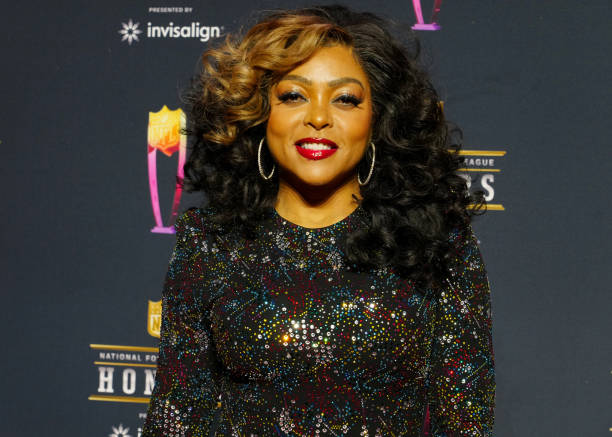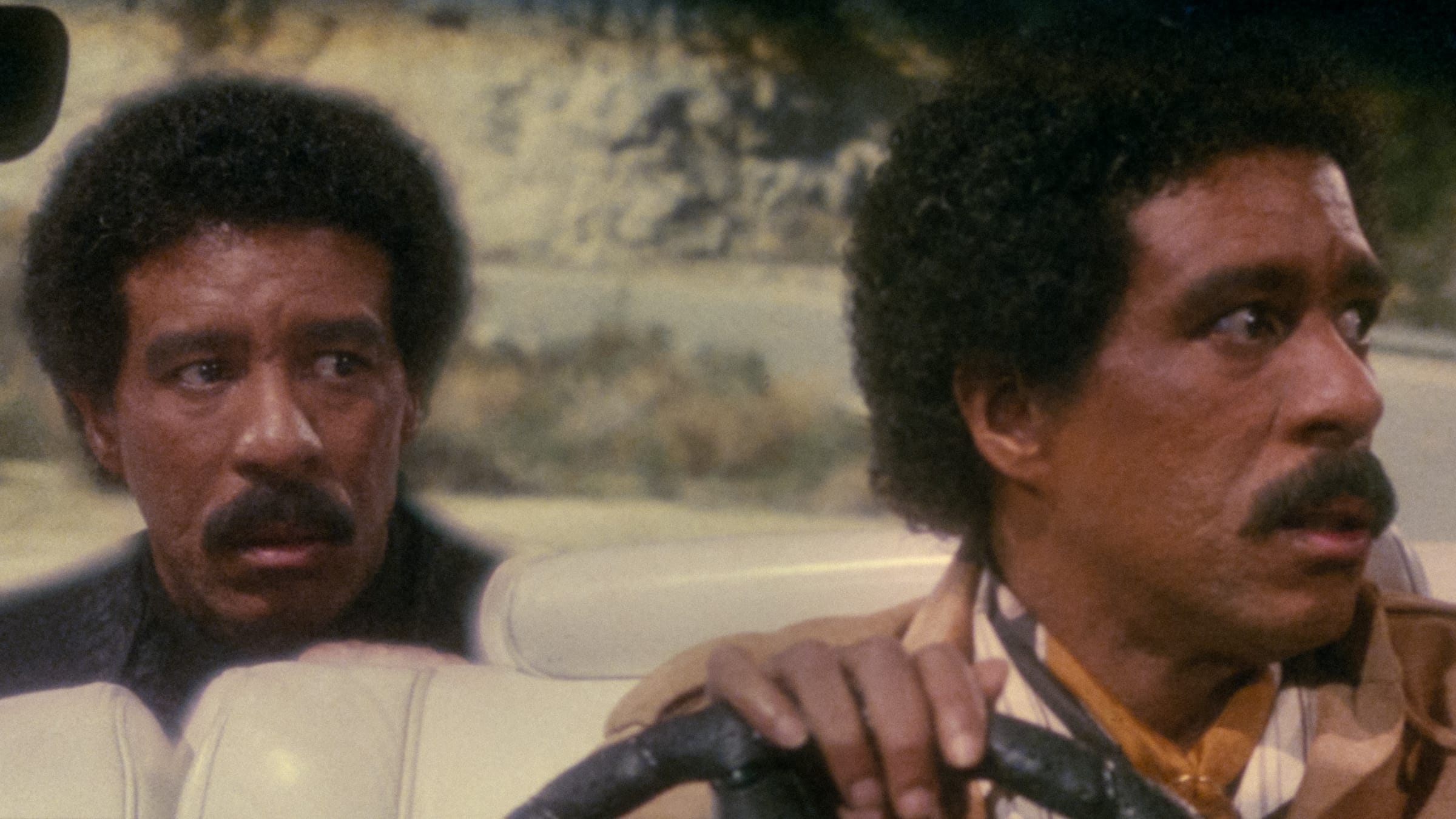(ThyBlackMan.com) Taraji P. Henson is speaking out, and people are listening. It remains to be seen if the award-winning actress will become a catalyst for major changes within the entertainment industry, but her message is much needed.
Henson made her film debut in the 1998 movie Streetwise and later received an Oscar nomination for her portrayal of Queenie in The Curious Case of Benjamin Button,” starring Brad Pitt. In 2016, she starred with Janelle Monáe and Octavia Spencer in the film Hidden Figures, which received three Oscar nominations. Henson is probably best known for her role as Cookie Lyon on the television show Empire. During the show’s six seasons, Henson won two Emmy nominations and a Golden Globe for her performance.

Despite the depth of talent and the success throughout the careers of Black actresses, Hollywood is not immune from the issue of pay inequality for Black women. It is easy for fans to automatically assume television and movie celebrities have “rich and famous” lifestyles free from financial struggles. When we see so many Black female celebrities in high-profile roles on the big screen, we conclude that they have made it, and the infamous glass ceiling doesn’t come to mind. As others have done before her, Henson has returned the spotlight to one of Hollywood’s many dark sides.
In a recent conversation on SiriusXM, Henson spoke about how she is still treated as a novice regarding negotiating contracts for film and TV roles. “It seems every time I do something, and I break another glass ceiling, when it’s time to renegotiate, I’m at the bottom again, like I never did what I just did,” Henson said. There is a report claiming she considered quitting acting altogether. “I’m just tired of working so hard, being gracious at what I do, being paid a fraction of the cost,” Henson said. “I’m tired of hearing my sisters say the same thing over and over. You get tired.” It is unfortunate that an actress of her talent was brought to the point of giving up due to being undervalued, disrespected, and discriminated against. Race and gender should never determine a person’s professional value. In 2019, she told Variety that she asked for “half a million” to perform in the movie The Curious Case of Benjamin Button,” only to receive $150,000. The film was a box office hit, grossing approximately $335 million worldwide against a $150 million budget.
The combination of racism mixed with sexism is not new. According to the National Women’s Law Center, Black women are typically paid only 67 cents for every dollar paid to white men. The wage gap widens to 65 cents on the dollar for Black women who hold doctorate degrees compared to white men with the same level of education. Pay disparity increases when educational and professional skill levels are the highest, decreasing with fewer skills and education. Emily Martin, vice president of Education and Workplace Justice at the National Women’s Law Center, noted, “If you look at workers who don’t have a high school diploma, that is the education level at which the wage gap is smallest for Black women, who make a whole 75 cents for every dollar white men because there is more of a cap on lower-wage earners.” The Equal Pay Act requires “that men and women in the same workplace be given equal pay for equal work. The jobs need not be identical, but they must be substantially equal.” That is the law that is often contradicted by reality. One way companies ultimately get around the pay disparity is to encourage employees to keep their salaries private. As a result, the discrimination is not easily discovered.
As entertainment stars, Black actresses have shown their greatest talent in every film genre, from musicals, dramas, romance, and comedies. Many of them, such as Viola Davis, Angela Bassett, Taraji P. Henson, Octavia Spencer, Halle Berry, Alfre Woodard, Whoopi Goldberg, Kerry Washington, Cicely Tyson, Loretta Devine, Mo’Nique, Nia Long, and others have achieved star-power comparable to their white male and female counterparts. Yet, many of them still have horror stories of compensation discrimination.
In addition to Taraji P. Henson’s recent remarks, Octavia Spencer has spoken out many times concerning pay inequality in Hollywood. In 2019, she highlighted the importance of men advocating for fair pay for Black actresses. During Spencer’s salary negotiations for the Netflix series Self Made: Inspired by the Life of Madam C.J. Walker, Executive Producer LeBron James was forced to intervene on her behalf. Mo’Nique, an Oscar winner for her Best Supporting Actress role in the movie Precious, sued Netflix for alleged gender and racial bias regarding negotiating her salary. The lawsuit was eventually settled. Beyoncé, the former Dreamgirls actress, said it best, “But unless women and men both say this is unacceptable, things will not change. Men have to demand that their wives, daughters, mothers, and sisters earn more—commensurate with their qualifications and not their gender…” Her words are true in addressing the issue of pay disparity everywhere, not just in Hollywood.
Written by David W. Marshall
Official website; https://davidwmarshallauthor.com/

















I have prayed, and continue to pray that you request, and receive nothing but the very best in all of your business endeavors.
Pelvo
1982 Howard University Graduate